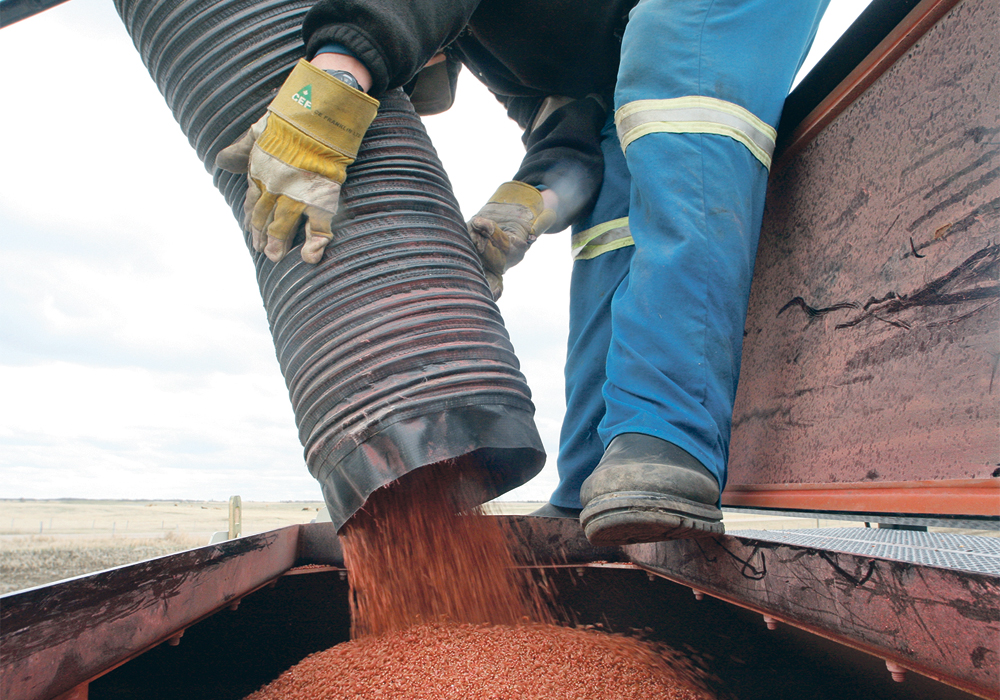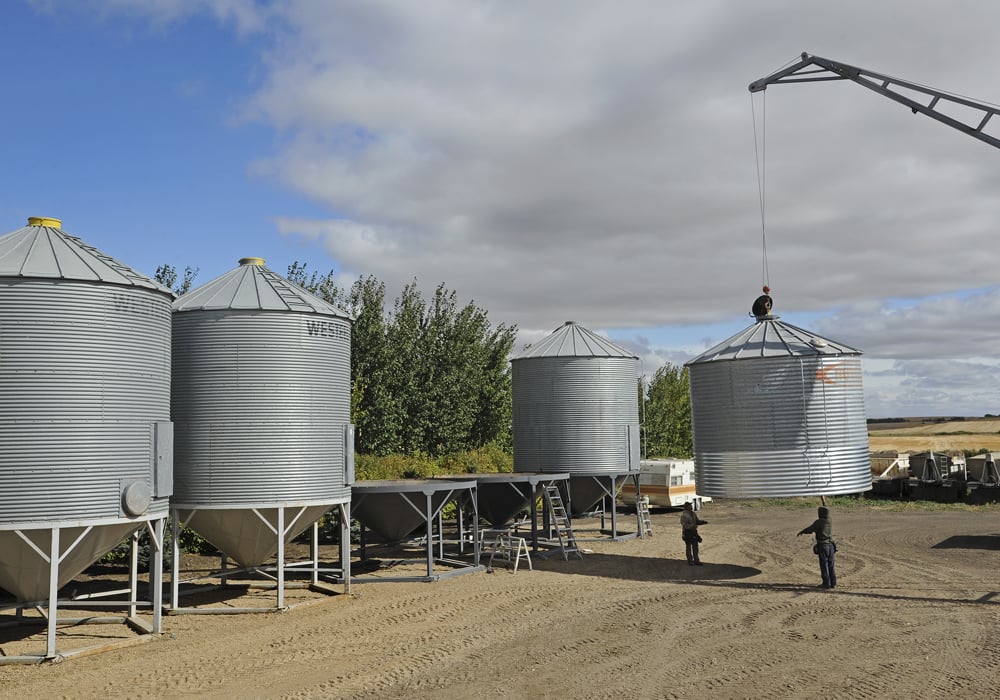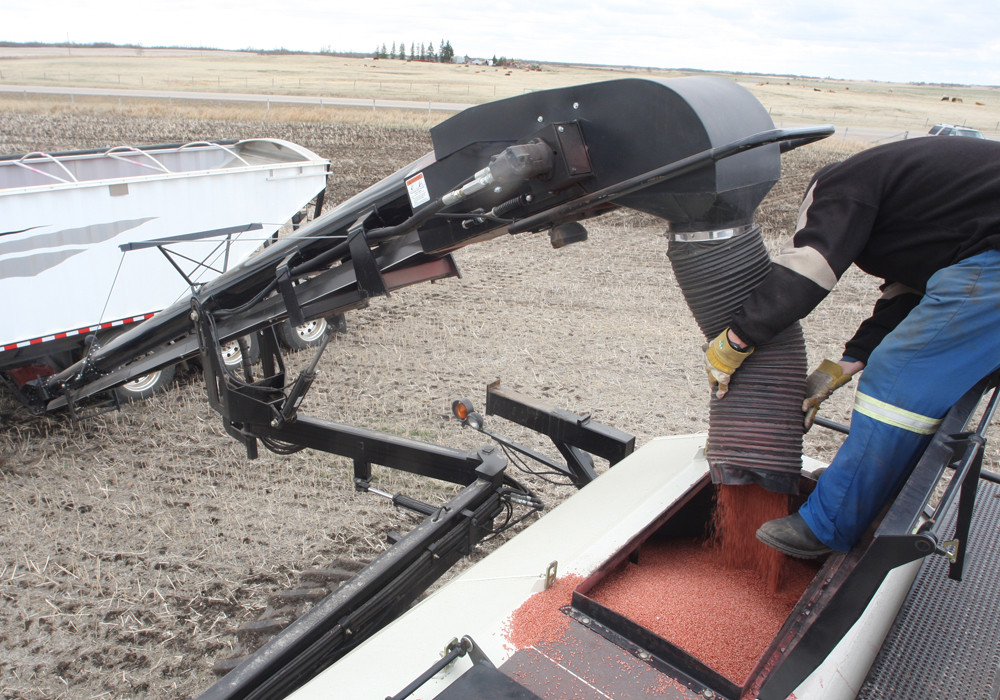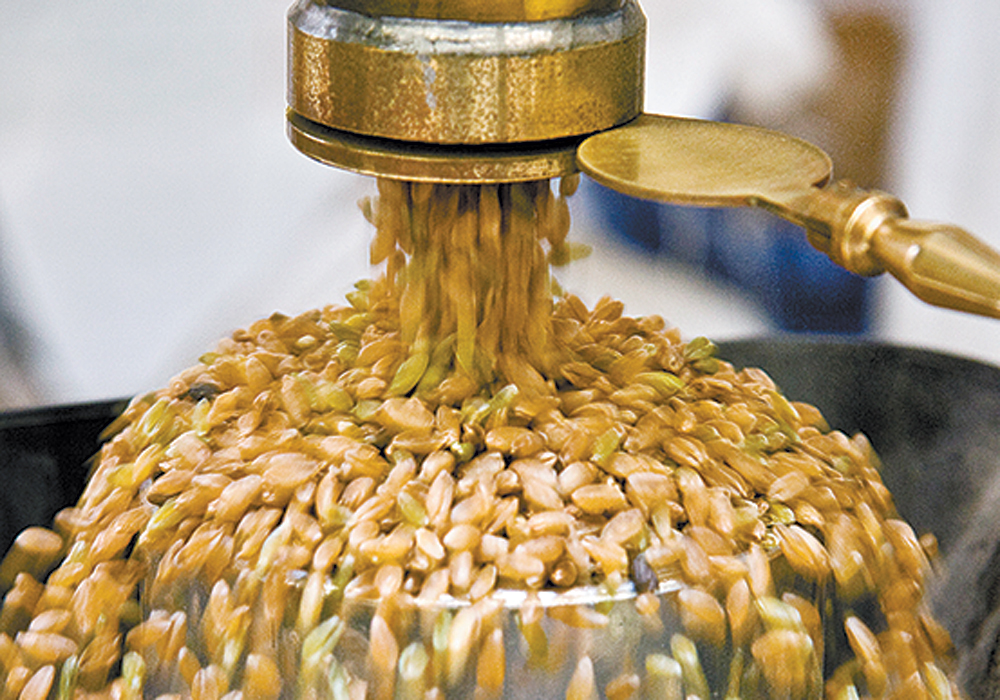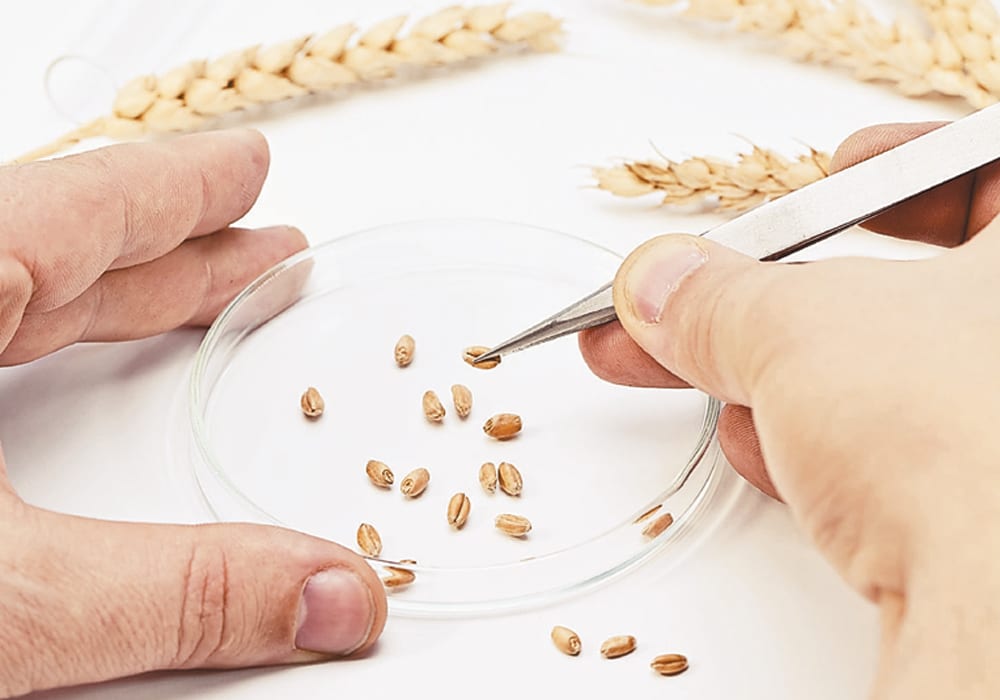Nobody is comfortable with a blank cheque.
Over the last few months, representatives of Agriculture Canada have met with farmers to discuss proposed changes to the plant breeders’ rights system, in which farmers would pay royalties on farm-saved seed.
During the meetings, which were held in Western Canada, Ottawa and Prince Edward Island, farmers have complained the proposals represent a blank cheque for seed developers. If a seed has desirable traits, such as high yields and disease tolerance, companies could charge whatever royalty they want and producers would have to pay.
Read Also

New program aims to support plant-based exports to Asia
Understanding the preferences of consumers in Taiwan and how they differ from Indonesia or Malaysia isn’t easy for a small company in Saskatchewan.
Producers have said there should be some oversight to ensure that royalty costs don’t get out of control.
Agriculture Canada reps have listened to the feedback and they’re thinking about possible solutions.
One possibility is the advisory committee for the Plant Breeders’ Rights Act.
“That’s something we’ve been giving a lot of thought to as a potential mechanism for that ongoing producer involvement,” said Anthony Parker, commissioner of the Canadian Food Inspection Agency’s Plant Breeders’ Rights office.
Parker was in Brandon in late January to inform producers about the potential changes to the Plant Breeders’ Rights Act.
A coalition of seed industry groups known as Seed Synergy says creating additional value in the Canadian seed sector will lead to greater levels of investment in seed breeding programs. They’ve been pushing for changes, and two proposals have been discussed at meetings across Canada:
• an end point royalties when farmers deliver and sell grain
• a trailing royalty, in which farmers pay an ongoing and annual royalty to plant breeders for the use of farm-saved seed.
Parker said the act requires farmers to be members of the Plant Breeder’s Rights advisory committee. If changes to the royalty system move forward, the committee could be a tool for producers to have input and oversight.
“That we bring (in) farmers and say, ‘let’s monitor how is the performance of the system working, is it achieving the desired outcomes?” Parker said.
“Is it accomplishing the balance that we’re looking for, where breeders are benefitting but also producers are benefitting (for better crop varieties).”
A range of $1 to $3 per tonne of grain produced, or per acre or tonne of seed used, has been suggested as possible royalty rates. Some producers believe the rate should be capped, but seed industry reps aren’t comfortable with a royalty limit.
“The problem with a maximum is what happens if someone brings forward a trait that has significantly more value?” said Todd Hyra, western business manager with Secan, the largest supplier of certified seed to Canadian farmers.
“I wouldn’t want to have somebody hamstrung.”
However, Hyra does support other ways to limit royalty payments, such as basing them on acres rather than on tonnes of production or amount of planted seed.
“You’re not being penalized for being a really good producer and putting in maximum inputs,” he said.
“Acres are more measurable…. You can verify them through crop insurance.”
As for using the Plant Breeders’ Rights Act’s advisory committee to oversee the royalty system, that remains a concept because the changes are still a proposal.
Consultations with growers and other parties on farm-saved seed royalties will continue into the spring.
“February-March is online consultations,” said Carla St. Croix, Agriculture Canada’s director of innovation and growth policy.
“Then it’s more March-April, where we have those additional sessions (consultations).”
Contact robert.arnason@producer.com






